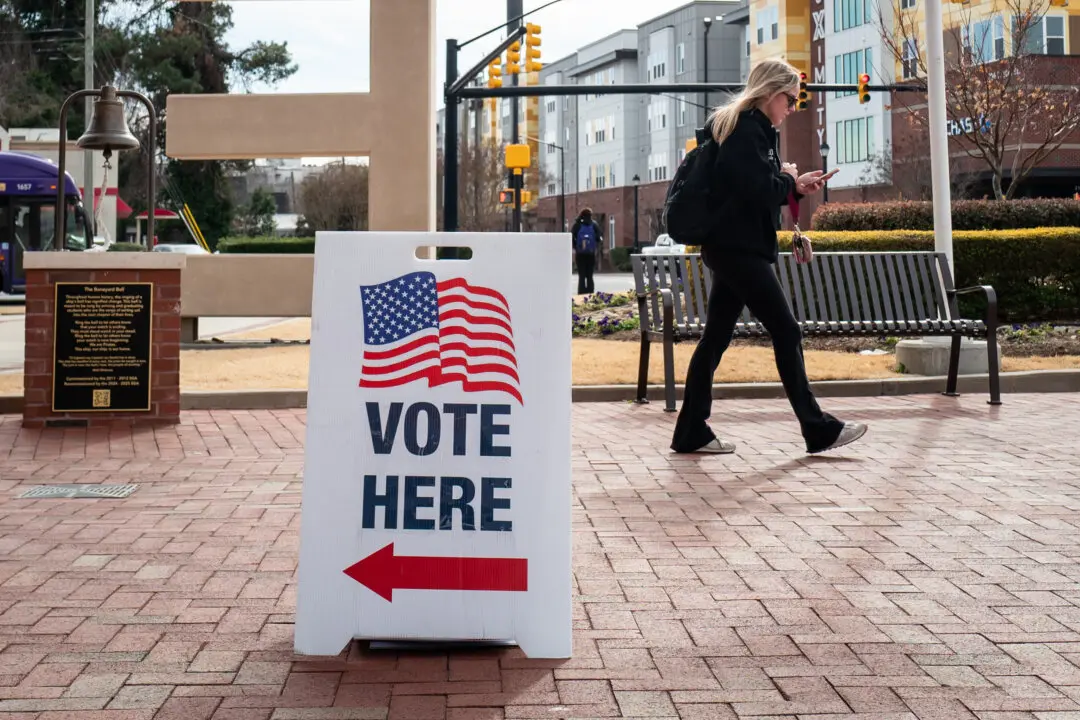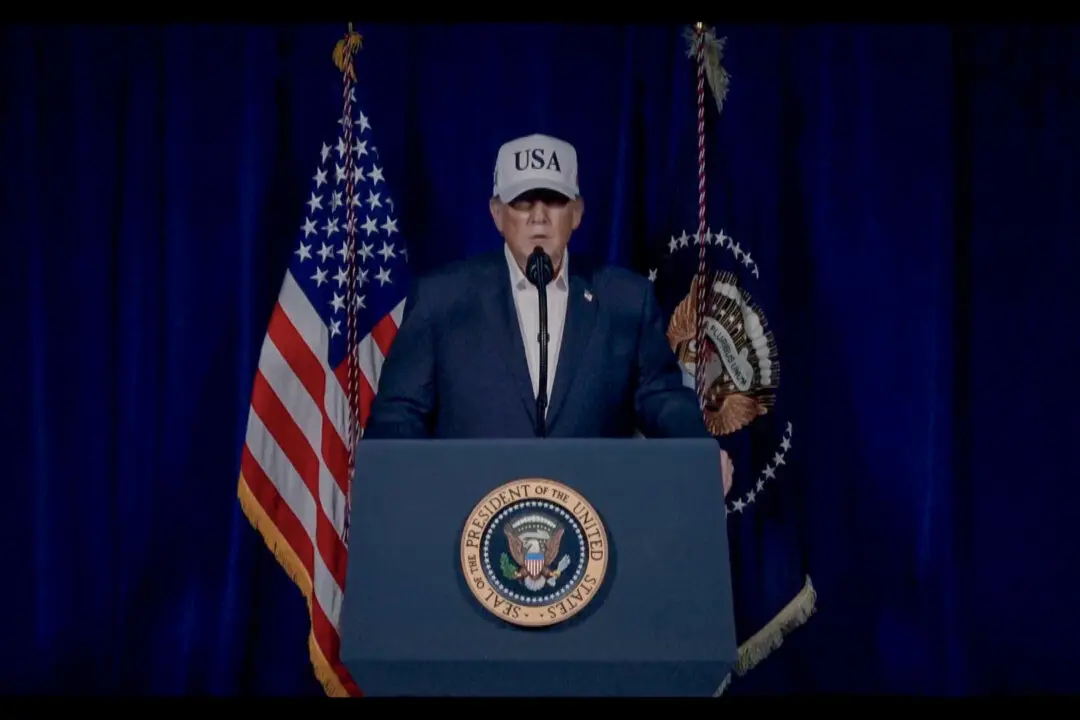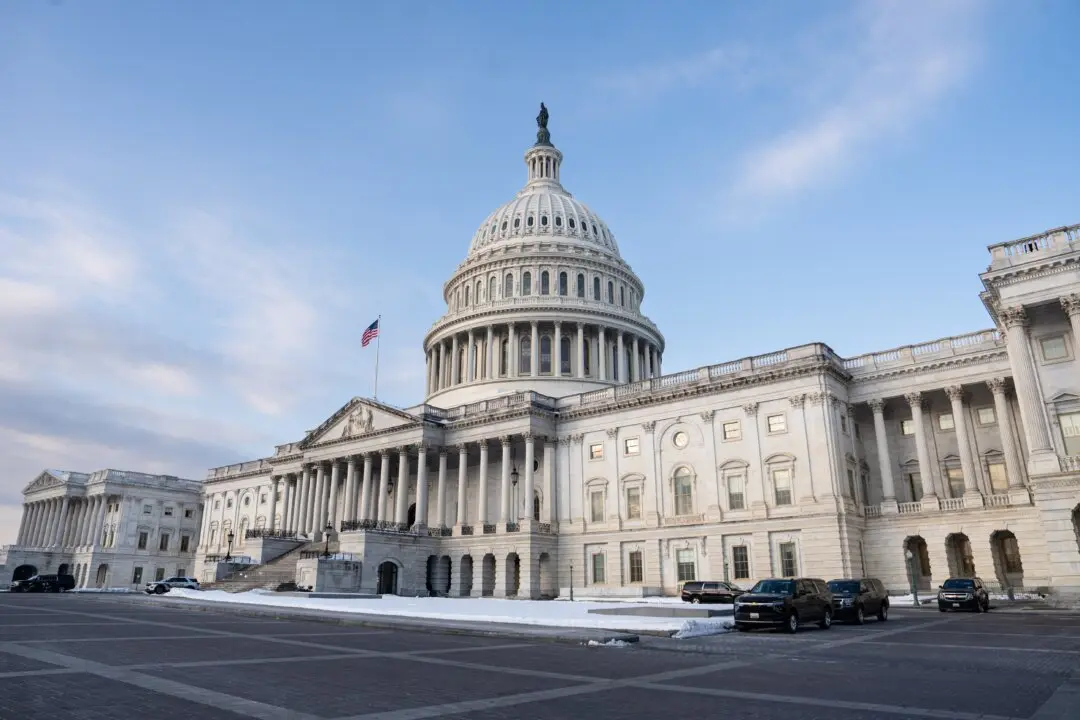Sen. Mark Warner (D-Va.) admitted that Democrats’ partisan American Rescue Plan (ARP) was too pricey, but downplayed the bill’s effects on inflation.
The ARP, which came in with a top-line price tag of $1.9 trillion, was passed by Democrats in March 2021 with no Republican support.





